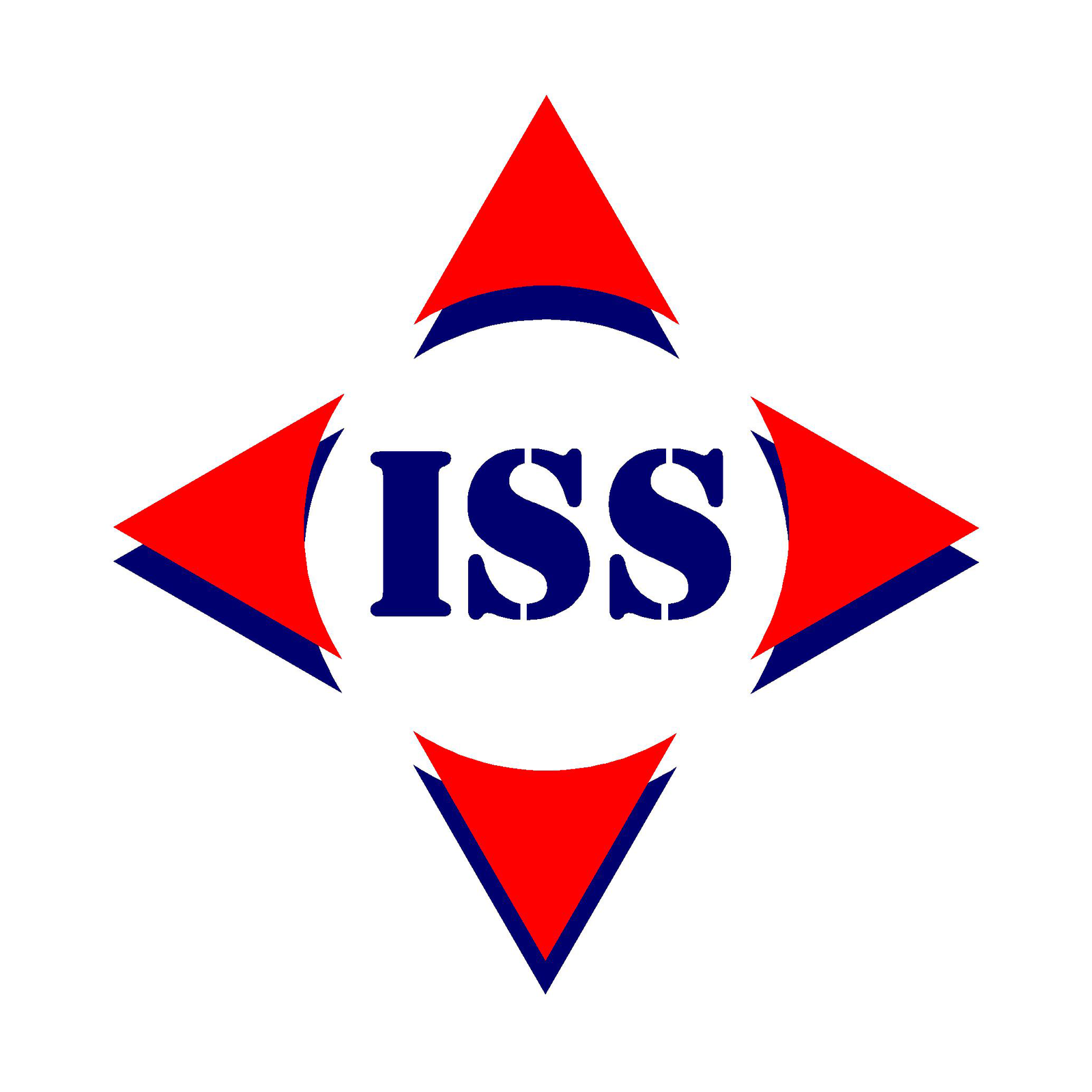
In a world where consumers can track a pizza from oven to doorstep, expectations for shipping transparency have never been higher. Businesses now demand the same level of visibility for their freight —whether it’s a single pallet or a full container crossing the globe.
At ISS Shipping, we believe real-time tracking is no longer a luxury—it’s a necessity. In this blog, we’ll explore why tracking matters, how it works, and how it empowers businesses to make smarter, faster decisions.
Why Real-Time Tracking Matters
In the past, freight forwarding could be a game of “wait and see.” Shippers might not have heard from their freight partner until a delay had already happened, or the cargo had arrived. That no longer meets modern business needs. Here’s why visibility is essential today:
* Improved planning: Knowing when your goods will arrive allows for better staffing, inventory, and distribution decisions.
* Proactive problem-solving: If a delay occurs, early alerts mean alternative plans can be made before it disrupts your business.
* Customer satisfaction: Businesses that deliver on time—and communicate effectively when they can’t—earn customer trust.
* Reduced risk: High-value or sensitive cargo benefits from location tracking and geofencing, alerting you to irregularities instantly.
How Freight Tracking Works
At ISS, our tracking systems gather data from multiple sources across the supply chain to provide a complete, accurate picture of your cargo’s journey. These sources include:
* Carrier and port integrations: Real-time updates from ocean lines, airlines, rail, and terminals.
* GPS-enabled transport: Inland trucking partners provide location updates as goods move toward or from the port.
* Customs systems: Status updates related to clearance, inspection, or release.
* Internal ISS milestone tracking: Document verification, dispatch times, and delivery confirmations.
What You Can Track with ISS
With ISS Shipping’s tracking capabilities, clients can monitor:
* Estimated arrival time at each key point (e.g. port, warehouse)
* Inland transport updates
* Customs clearance progress
* Delivery and proof-of-receipt confirmation
Benefits of Real-Time Tracking
Real-time tracking isn’t just about knowing where your cargo is—it’s about what you can do with that information. Here’s how ISS clients benefit:
1. More Accurate Communication with Your Own Customers Retailers, wholesalers, and manufacturers can give their clients accurate delivery timelines based on real data.
2. Better Inventory and Cost Management Visibility enables better planning for stock levels, warehousing, and resource allocation—reducing costly overstocking or understocking.
3. Faster Response to Supply Chain Disruptions When weather, strikes, or port congestion threaten your shipment, tracking lets you act early, whether that’s rerouting, rescheduling, or informing stakeholders.
4. Stronger Vendor Accountability With documented movements and timestamps, you can hold other supply chain partners to account—and demonstrate reliability to your own clients.
Final Thoughts
In freight forwarding, knowledge truly is power. When you know exactly where your goods are—and when they’ll arrive—you can lead with confidence, respond with agility, and deliver with consistency.
At ISS Shipping, real-time tracking isn’t an optional add-on. It’s built into the way we work, because we believe transparency is the foundation of trust.
FAQs
What is real-time tracking in logistics?
Real-time tracking refers to the ability to monitor the movement and status of a shipment throughout the supply chain—from departure to final delivery—with live updates. In modern logistics, this tracking is powered by GPS, system integrations, and smart tracking technology, allowing for full visibility at every stage of the shipment.
As logistics has become more complex and time-sensitive, real-time tracking has evolved into a critical tool for maintaining transparency and improving efficiency across the global supply chain.
Why is real-time tracking important?
The importance of real-time tracking lies in its ability to enhance customer satisfaction, reduce delays, and improve supply chain decisions. It empowers businesses to manage exceptions, communicate proactively with clients, and deliver with confidence.
In the fast-paced world of logistics, having access to real-time data transforms the shipping process from reactive to proactive, ensuring that surprises are minimized and service quality is maximized.
What benefits does real-time tracking provide?
There are several benefits of real-time tracking, particularly for businesses engaged in freight logistics and freight forwarding:
* Real-time visibility into your cargo’s location and status
* Ability to act on real-time updates to avoid costly delays
* Improved delivery times and customer satisfaction
* Enhanced transparency with clients and vendors
* Streamlined logistics operations and reduced risk of miscommunication
For example, if a shipment encounters port congestion or a weather delay, you can provide real-time updates to stakeholders and take corrective action.
How does real-time tracking work in modern freight logistics?
In real-time logistics tracking, data is aggregated from multiple tracking systems and sources throughout the supply chain, including:
* Carrier and terminal APIs for air, sea, and rail freight
* GPS-enabled shipment tracking for overland delivery
* Customs integration for clearance and inspection updates
* Internal milestones for documents, loading, and proof of delivery
This comprehensive approach ensures accurate and timely real-time tracking information across the entire shipment lifecycle.
What role does real-time tracking play in logistics management?
The role of real-time tracking in logistics management is fundamental. It supports end-to-end supply chain management by improving supply chain efficiency, reducing downtime, and helping logistics providers offer consistent service.
It also enhances accountability among stakeholders by creating a verifiable chain of custody. In logistics and freight forwarding, this can significantly reduce disputes and improve operational alignment.
How does real-time tracking enhance transparency?
Tracking and transparency go hand in hand. Real-time tracking enhances the ability of a business to:
* Clearly communicate expected delivery dates
* Document handoffs and movement at each step
* Build trust with partners and customers
This level of openness is increasingly expected in the logistics industry, where businesses must be able to prove performance, not just promise it.
What kind of freight can be tracked in real time?
Whether it's air freight, sea freight, or overland transport, most types of freight can be tracked using real- time solutions. This includes:
* Standard palletized cargo
* Full container loads (FCL)
* Less-than-container loads (LCL)
* Sensitive cargo requiring cold chain logistics
* Last-mile delivery for ecommerce businesses
Real-time tracking is especially useful for high-value or time-sensitive goods, where accurate delivery is critical.
How does real-time tracking improve customer satisfaction?
When businesses use real-time tracking to manage shipments in real time, they gain the tools to offer:
* Accurate ETAs and proactive delay communication
* Proof of delivery and live tracking links
* Improved issue resolution for lost or delayed items
These features directly improve customer satisfaction by making the delivery process more predictable and professional.
Can small businesses benefit from real-time tracking?
Absolutely. Even smaller companies with fewer freight movements can use real-time tracking solutions to gain a competitive edge. Many logistics companies now offer tracking platforms that scale to fit different business sizes.
By leveraging real-time tracking, small businesses can:
* Offer better logistics services to customers
* Gain a clearer view of inventory in motion
* Reduce wasted time chasing updates from logistics providers
What is the future of real-time tracking in logistics?
The future of tracking lies in smarter, faster, and more integrated tracking technology. We’re seeing growth in:
AI-powered tracking solutions that predict delays
* Enhanced freight tracking via blockchain and IoT
* Fully automated exception management
* Global standards for real-time tracking across borders
As the logistics sector continues to digitize, real-time tracking has become the norm rather than the exception, enabling better planning across the entire supply chain.
How does ISS Shipping deliver tracking excellence?
At ISS Shipping, real-time tracking in modern logistics is not an afterthought—it’s part of our core service. Our platform provides real-time tracking information at key points along the supply chain, allowing businesses to:
* Monitor shipments in real-time
* Make proactive decisions with real-time information
* Align with customers’ expectations for transparency
We believe in the power of real-time tracking to enhance supply chain




